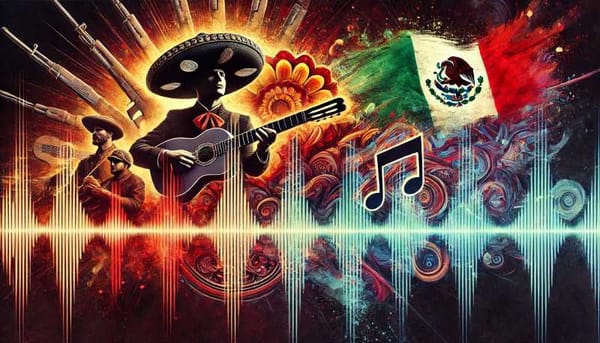How games of chance are linked to pleasure and survival
Some practices such as gambling can "hijack" our brain's reward circuitry and force us to repeat them. Behavioral habits can become addictive. Over 24 percent of the population between 12 and 65 years of age has ever participated in games of chance for money.

There are practices such as games of chance that can "hijack" our brain's reward circuitry and force us to repeat them. There are behavioral habits that can become addictive. The lottery in Mexico has been in existence for 251 years. During the time of Antonio López de Santa Anna, the proceeds of the National Lottery were assigned to the San Carlos Academy. More than 24 percent of the population between 12 and 65 years of age has ever participated in games of chance for money.
The development of gambling, including games of chance, existed in parallel to the development of civilization and became established as a lucrative activity and industry. Throughout history, specialists have given it different meanings and linked it to pleasure and survival. Humans have a system that makes us experience sensations of wellbeing and pleasure, which are related to our survival; therefore, several simple actions are pleasurable for us, such as drinking water, socializing, or games of chance, said Hugo Sánchez Castillo, an academic at the Faculty of Psychology (FP) of the UNAM.
In behavior, continued the also researcher of the Department of Psychobiology and Neuroscience of the FP, in which individuals put money and goods at stake, the pleasure experienced becomes so great that the reward circuit is activated, just as any substance of abuse would activate it because the body seeks to perceive that sensation. "The gambler does not know when to stop and has expectations because the brain at that moment releases internal substances, which make him or her experience that pleasure and have a loss of mental control," he said.
Pathological gambling
Addiction is usually associated with drugs; however, nowadays the term cannot be reduced to substance consumption, since there are behavioral habits that in certain circumstances can become addictive, clarified Mariana Viruega Muñoz, Master in Psychology of Addictions, at the FP, who indicated:
Based on the activation of brain reward systems, it could be said that any normal activity that is pleasurable for the individual is likely to become an addictive behavior, depending on the frequency, intensity, time, and resources invested.
"According to the World Health Organization (WHO), pathological gambling is referred to as a behavioral pattern of persistent or recurrent activity that may be online (i.e., via the Internet) or offline, of which the individual has no control, gives it priority over other activities and continues to gamble despite negative consequences," she recalled.
Dopamine, she continued, is the neurotransmitter that the brain releases during pleasurable activities such as food, sex, and drugs, also during situations where the reward is uncertain. "It increases especially during the moments before a possible reward. This anticipatory effect could explain why dopamine release parallels high levels of gambling involvement."
Figures
According to the National Survey on Drug, Alcohol and Tobacco Use (ENCODAT, 2017), 24.5 percent of the population aged 12 to 65 years ever practiced any game of chance for money, most were male.
Betting machines or slot machines are the most practiced (11.8 percent), followed by Lotto/Melate/Tris (8.3 percent) and cards (7.3 percent); meanwhile, the lowest prevalences are internet gambling (0.8 percent), craps (1.8 percent) and casinos (2.5 percent).
In the population that has ever gambled, the types of games of chance that are related to the presence of pathological gambling were analyzed. It was found that the highest percentages were for internet modalities (4 percent); horse or dog racing, cockfighting (3.9 percent); and games of skill (3.6 percent).
Lottery
The history of the lottery dates back to the 18th century. It was created by the Spanish monarch Carlos III, the so-called Real Lotería General de la Nueva España, on September 19, 1770. When the first lottery was presented, it was thought that there would be a sufficient number of individuals with the purchasing power to buy a ticket at 20 pesos.
However, there was no such number of people who could pay that price, and those who were willing did not have enough money to buy it. During the government of Antonio López de Santa Anna, the profits of the National Lottery were assigned to the San Carlos Academy, the first art school in the continent, which changed its name to the National Academy of San Carlos Lottery, which was only for a few years.
What are games of chance?
They are those games whose results do not depend exclusively on the skill or ability of the players, but essentially on chance or luck. While some people think of gambling only as casinos and racetracks, countless activities are considered games of chance. Some of the most common are casino games, sports betting, and sweepstakes.




